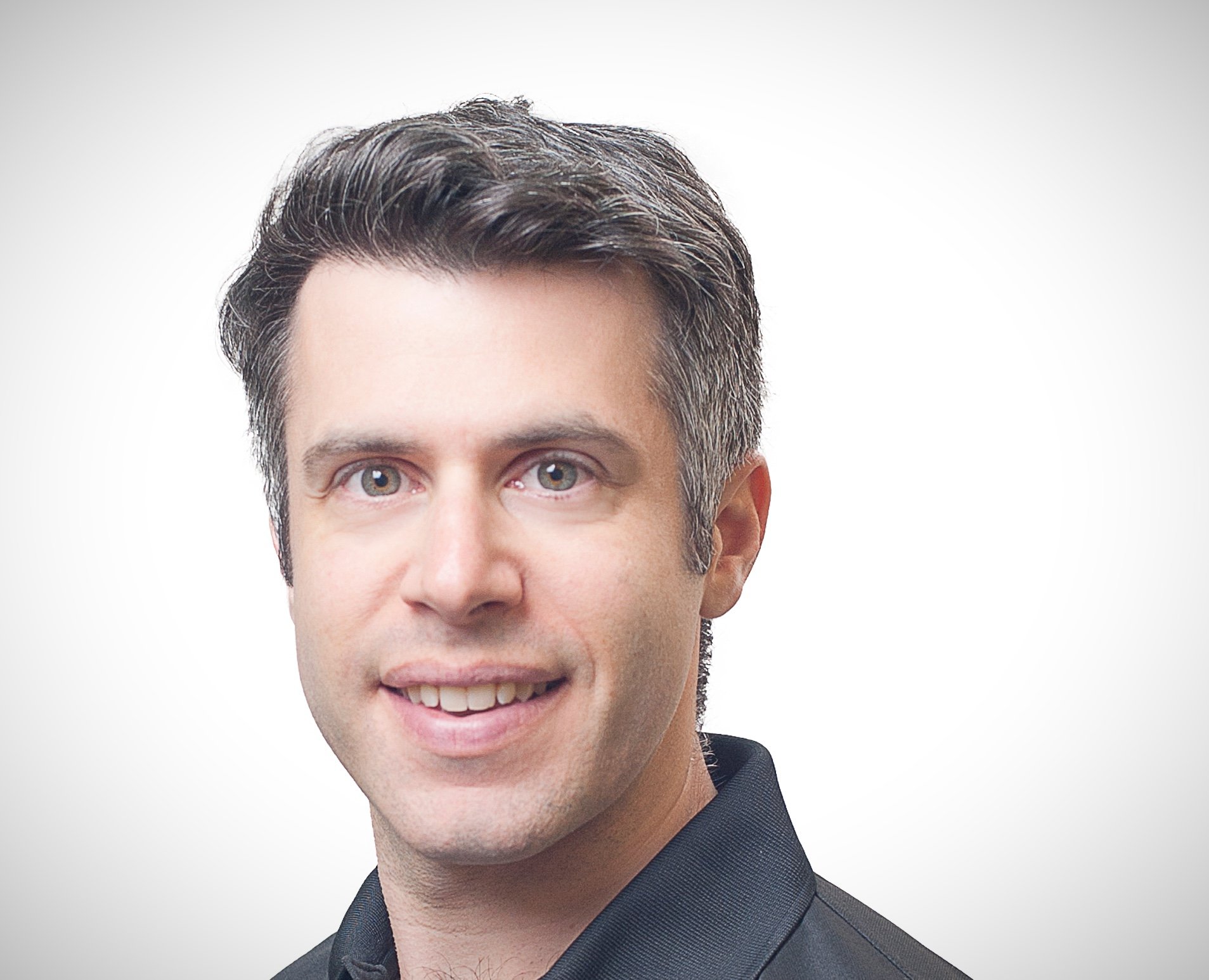
Many countries in the Gulf region see exciting opportunities in genomics. Yet they also face challenging questions about how to reconcile these opportunities with their moral and cultural traditions. At the 2016 World Innovation Summit for Health (WISH) in Qatar in late November, global healthcare leaders pondered these questions and proposed guidelines for deploying genomic technologies in Arab and Islamic communities.
These technologies hold potential to improve healthcare in the Arab world, which suffers from high incidence of genetic diseases. Many geneticists attribute this in part to the cultural preference for marrying close relatives—over 20% of marriages in most Arab countries are between first cousins. Genomics programs may not change this behavior, but they can facilitate better understanding of the risks and support preventative measures, such as premarital screening and counseling.
Several Gulf countries also support genomics programs as part of a broader drive to cultivate modern knowledge economies. Both Qatar and Saudi Arabia launched major genomic initiatives in 2013 and aim to become hubs of genomic research. Bahrain, Kuwait, Oman, and the United Arab Emirates all have similar ideas. In an era of low oil prices and changing energy markets, many of the energy-rich Gulf states want to make their economies more diverse and robust, and recognize that initiatives like this can help.
Yet as genomics programs proliferate in the Gulf, Arab and Islamic leaders must figure out how to harmonize them with the belief systems and cultural practices of the region. Growing capabilities in genomics pose bioethical considerations for all societies, but they present some unique challenges in the Islamic world.
WISH opened important dialogue about these challenges. Hosted by the Qatar Foundation for Education, Science and Community Development (QF), a non-profit organization that supports the country’s transition to a modern knowledge economy, it brought together delegates from over 100 countries (disclosure: QF covered my travel and accommodation costs for the Summit). While not dedicated exclusively to Islamic bioethics or genomics, it included several sessions that addressed these topics.
Some of the delegates expressed concerns about genetic paternity tests. Although paternity disputes can be traumatic in any culture, they entail a special set of risks in a region where extramarital sex can result in imprisonment, corporal punishment, or even the death penalty. When it comes to sexual relations, many countries in the region adhere to exceedingly strict and punitive interpretations of Islamic law. In some countries, even rape victims face imprisonment and other penalties for having sex out of wedlock.
Genetic ancestry tests also raised concerns. While such tests are common in many parts of the world, they can be contentious in a region where lineage sometimes plays a significant role in determining social status. A few delegates even worried that ancestry tests might be used in systematic, state-sanctioned efforts to identify and discriminate against outsider groups.
Most genomics programs in the Gulf are geared towards assessing genetic health factors, and these also present ethical dilemmas. One major dilemma relates to questions about when and how to communicate the results of genetic health tests. Most bioethicists believe in the principle of informed consent, which requires that research participants are told in advance how their genetic data will be used and what they might find.
But even when people provide informed consent to genetic testing, the results still need to be communicated in a culturally sensitive way. Suppose, for example, that a couple submits to premarital genetic screening and counseling. The test might show that they are relatives and shows a high risk of having children with a certain genetic disease.
WISH prompted lively debate over how to handle situations like this one. It also announced the release of Genomics in the Gulf Region and Islamic Ethics, a paper that highlighted other case studies and considerations in the field. Edited by Dr. Mohammad Ghaly, Professor of Islam and Biomedical Ethics at the Center for Islamic Legislation and Ethics in Qatar, the paper emphasized the importance of constructive dialogue between Islamic bioethicists and their counterparts in other cultures.
As many Gulf states pursue major genomic studies of their populations, they are creating datasets that hold information about ancestry, paternity, health status, and other potentially sensitive matters. How they choose to handle these datasets could set precedents for the rest of the Islamic world and its 1.6 billion people.
Will Greene is a writer and strategy consultant focused on Asia’s emerging R&D ecosystems. You can find him on LinkedIn.
Islamic Bioethicists Debate Genomics at Qatar Health Summit
Many countries in the Middle East see exciting opportunities in genomics. Yet they also face challenging questions about reconciling it with local moral and cultural traditions. At a meeting in Qatar global healthcare leaders debated guidelines for a region where, for example, more than 20% of marriages are between first cousins.















